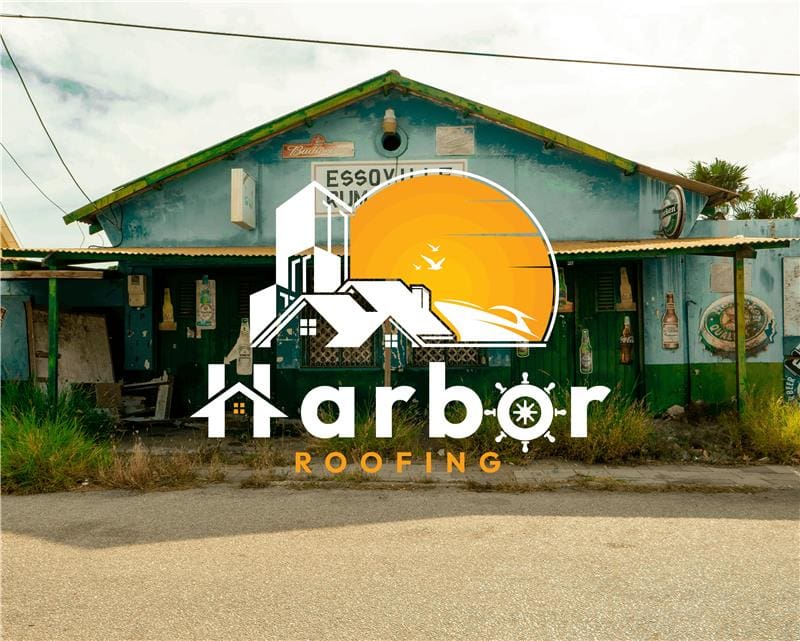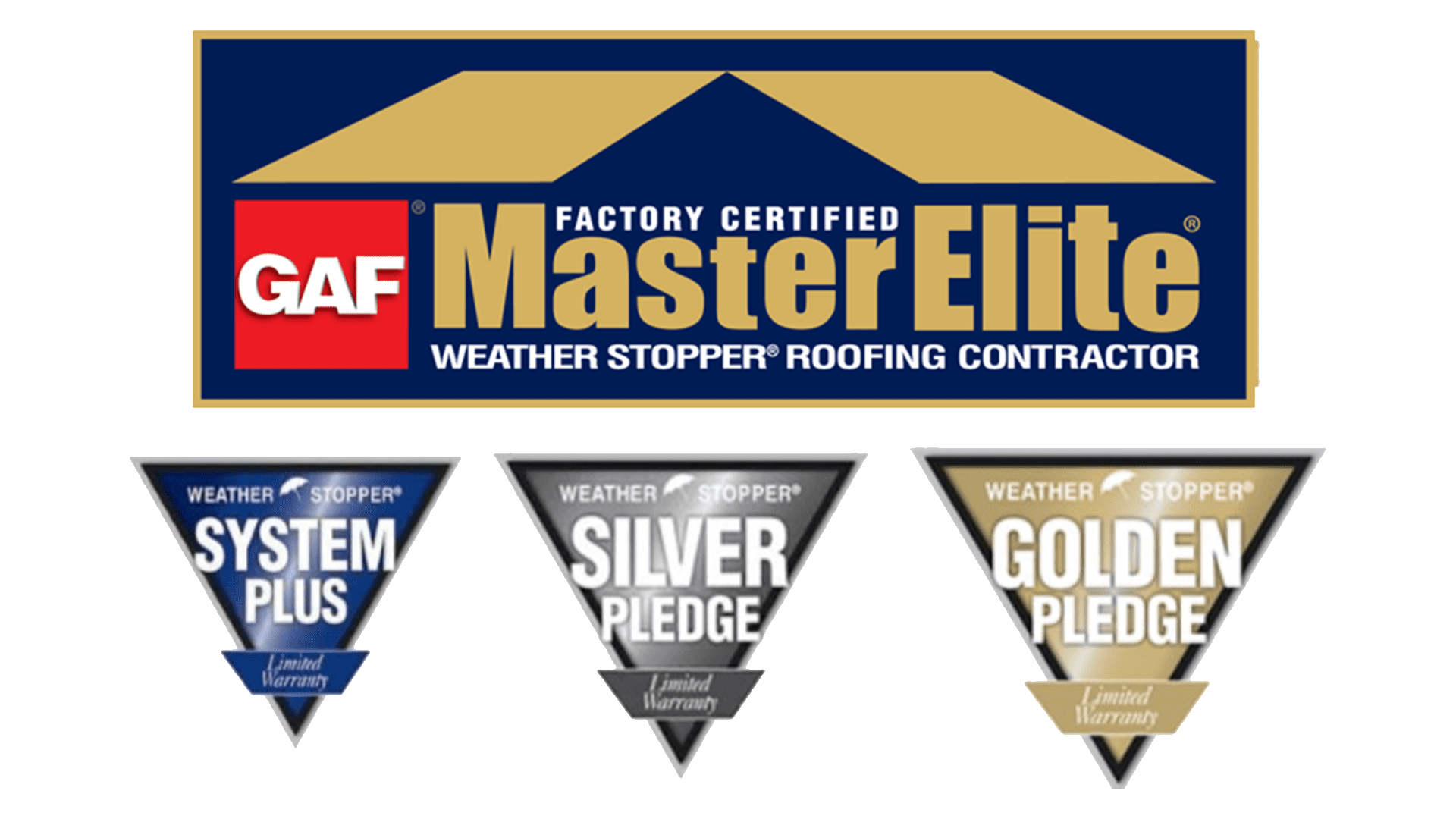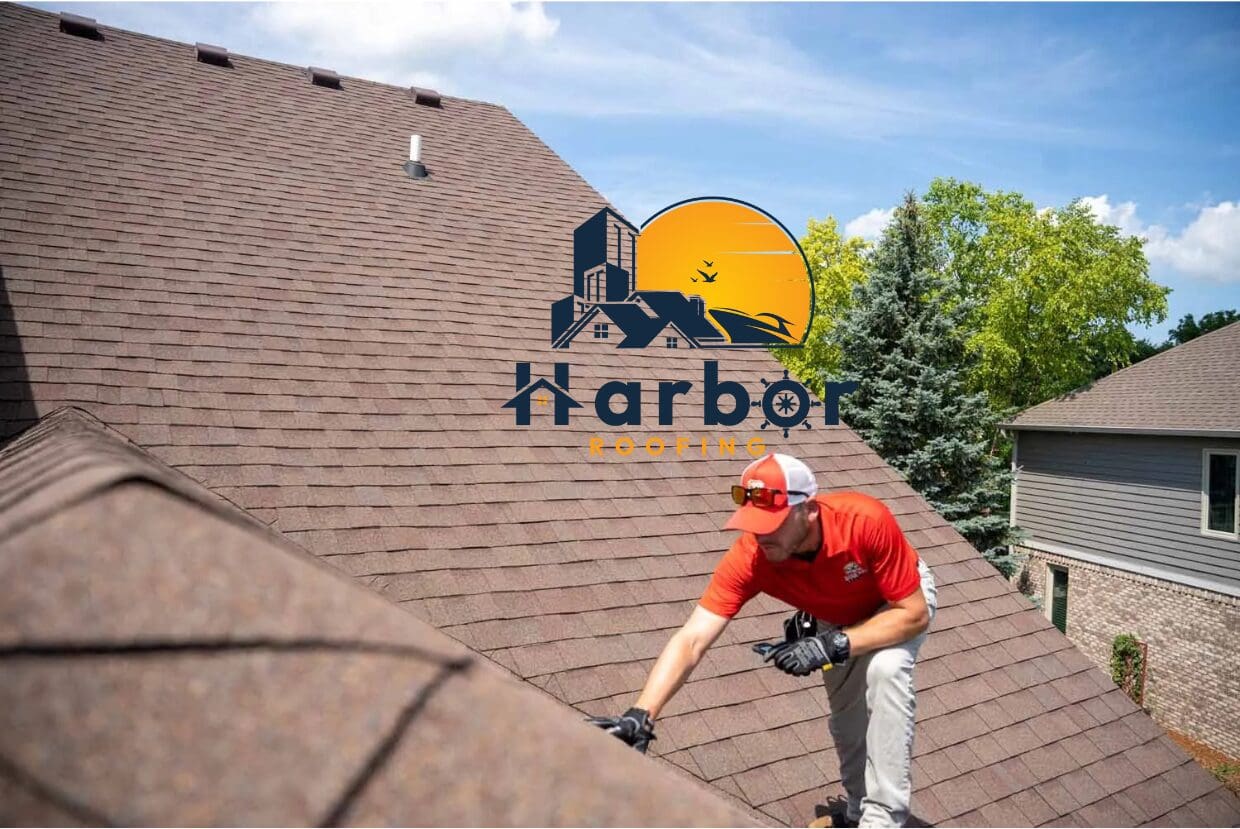Table of contents
- Climate and Environmental Factors
- Florida Business Roofing Priorities
- TPO Roofing
- EPDM and Modified Bitumen Roofing
- Built-Up Roofing (BUR)
- Metal Roofing
- PVC, Single-Ply Membranes, and Coatings
- Installation and Maintenance Considerations
- Florida-Specific Regulations
- Sustainability and Roofing Trends
- Choosing the Right Roofing System
- Secure Your Success With Smart Roofing Choices
When dealing with Florida commercial roofing, business owners have their own special challenges. The sun, humidity, and regular storms in Florida mean finding the right roof is important for protecting assets and saving on energy expenses. With a durable, energy-saving commercial roofing system, your company remains secure and compliant with Florida’s changing building codes.
This article discusses the best roofing systems, materials, and innovative coatings specifically tailored for Florida’s weather conditions. Moreover, you will also find out the most up-to-date trends and optimal practices that encourage commercial properties to survive weather extremes while minimizing maintenance and energy expenses.
Climate and Environmental Factors
Weather Challenges In Florida
The strong sun’s UV rays have the ability to quickly break down commercial roofing material and induce thermal stress. Thus, ultimately results in quicker wear and tear, requiring roofs that are strong enough to endure constant sunlight. Additionally, the high humidity of the region promotes fungal growth and increases the risk of ceiling leaks. Leading to ruined interiors and insulation.
Likewise, tropical storms and heavy rain also present significant waterproofing requirements, with proper drainage becoming a requirement. Hurricanes introduce high winds and airborne particles, subjecting roofing systems to huge pressure. Overall, these weather patterns in combination present a significant daily challenge to business properties in Florida.
Code Compliance and Local Hazards
The FBC (Florida Building Code) regularly revises in response to these storm hazards. Enforcing some of the most stringent roofing requirements in the nation. Commercial roofings also have to comply with requirements for slope, drainage, insulation, fire resistance, and wind uplift resistance.
Actually, regions such as Miami-Dade are classified as High Velocity Hurricane Zone (HVHZ), necessitating even more stringent regulations. The inland and coastal areas also possess dissimilar specifications. All commercial roofs in Florida, though, must meet the code to be inspected and warranty-protected.
Florida Business Roofing Priorities
Energy Conservation and Cost Reduction
Energy-efficient commercial roofing assists in reducing cooling costs by reflecting the sun’s rays and minimizing heat gain. Additionally, having cool roofing technology installed along with proper insulation can keep indoor temperatures stable throughout the year. In comparison, reflective coatings reduce heat accumulation further. Hence, enabling companies to save a lot on electricity bills.
Though it is easy, these solutions can go a long way in your carbon footprint and sustainability efforts. Since suitable roofing limits the use of HVAC systems by not allowing heat to pass through the roof. This ideal blend of insulation and reflectance is vital in Florida’s warm, sunny weather. Therefore, energy efficiency is a prime concern for business owners who wish to manage their operating costs.
Durability, Longevity, and Insurance
The hurricane and moisture-heavy environment of Florida requires roofing systems that are resilient. Meaning, durable commercial roofing materials that can hold up against wind uplift, heavy rain, and long-term moisture exposure. Thus, extending the roof’s service life. Opting for tried and trusted roofing systems reduced maintenance needs and helped in avoiding costly repairs.
Plus, investing in long-lasting, hurricane-resistant roofing can lower insurance premiums by reducing the risk of damage. Many insurance companies offer discounts for exceeding FBC standards, making durability a smart financial decision for Florida businesses.
TPO Roofing
Advantages of TPO Roofs
Thermoplastic Polyolefin roofing, or TPO roofing for short, can reflect sunlight effectively. This allows it to absorb less heat and be more energy-efficient. Furthermore, it helps keep commercial buildings cooler, easing the demand on air conditioning systems. Plus, TPO’s heat-welded seams provide excellent water resistance, preventing leaks even under heavy Florida rains.
Other than being durable, TPO can resist mold, chemicals, and UV damage. Its flexible membrane adapts to roof movements, which allows it to minimize cracks. These traits alone make TPO a perfect, low-maintenance commercial roofing choice for Florida’s challenging climate.
Recent Innovations and Applications
Contemporary advances include dual-layer TPO sheets that add extra protection against punctures. These newer membranes improve the roof’s lifespan by resisting wear from wind and storm debris.
Moreover, TPO roofing systems are highly compatible with solar panel installations. This combination supports sustainability goals while further reducing energy bills, making TPO a smart choice for Florida commercial properties that prioritize energy efficiency and environmental accountability.
EPDM and Modified Bitumen Roofing
Highlights of EPDM Roofing
These roofing solutions come with a rubberized membrane that is both flexible and highly waterproof. Its elasticity allows it to expand and contract, adapting well to Florida’s frequent temperature swings and structural roof movements. This flexibility helps prevent cracks and leaks over time.
Additionally, because of its durability and weather resistance, EPDM performs well in humid climates. It’s an excellent solution to resistant mold and UV damage, making it a reliable option for Florida commercial roofing needs.
Modified Bitumen Options
Modified bitumen roofing uses asphalt-polymer blends that deliver better durability compared to conventional asphalt roofs. This multi-layer system provides strong protection against wear, weather, and mechanical damage.
Furthermore, the addition of mineral-surface layers helps resist fire and damage from intense sunlight. Although simple, these features make modified bitumen a smart choice for commercial buildings that need tough, long-lasting roofing that is able to withstand Florida’s harsh climate conditions.
Built-Up Roofing (BUR)
BUR Structure and Protection
Built-Up Roofing (BUR) consists of multiple layers of asphalt and felt, which allows it to create a strong barrier against leaks. This layered design offers outstanding protection, even during heavy Florida rains. Its top surface is generally covered with reflective coatings or gravel, which shield the roof from harmful UV rays.
Furthermore, these reflective or gravel surfaces not only extend the roof’s lifespan but also help reduce heat absorption. Thus, making BUR a practical choice for commercial properties that are looking for a durable and energy-conscious roofing solution.
Maintenance and Application
Regular maintenance is a necessity to further benefit from the service life of BUR. In other words, regular inspections and cleaning can help prevent damage from debris and water pooling. Not to mention, timely repairs help avoid costly replacements.
All things considered, BUR is a highly flexible material that can be applied to diverse commercial buildings, regardless of their roof shape or size. Plus, its flexible installation methods make BUR a durable, dependable option able to meet Florida’s diverse roofing demands.
Metal Roofing
Advantages OfMetal Roof
Metal roofing provides excellent longevity, oftentimes lasting 40 years or more with minimal maintenance. Its durability makes it highly resistant to cracking, shrinking, and eroding, even under Florida’s harsh weather conditions. Moreover, its interlocking metal panels provide strong wind resistance, securing the roof against debris during storms.
These roofing materials are designed to prevent infiltration, protecting your commercial property all year round. Thus making them a smart investment for businesses that require a tough, reliable roofing system.
Types and Suitability
Standing seam metal roofing systems are particularly popular in hurricane-prone regions of Florida. Their raised seams and concealed fasteners improve wind uplift resistance, as well as meet strict building codes. Additionally, these materials’ smooth surfaces reflect sunlight effectively, reducing cooling costs.
Furthermore, metal roofing easily integrates with solar panel installations, making it ideal for companies focused on sustainability and energy efficiency. The flexibility of this material guarantees it can cater to a variety of commercial buildings across the state.
PVC, Single-Ply Membranes, and Coatings
PVC and Single-Ply Roofing
These single-ply membranes offer strong protection against chemicals, fire, and extreme weather conditions. Their durable surfaces can resist damage from harsh environmental elements that are common in Florida. Moreover, these membranes are lightweight and flexible, which makes them ideal for commercial roofs with complex layouts and multiple penetrations.
Their adaptability allows for quick installation and repair, reducing downtime for businesses. Because of their resilience and ease of use, PVC and single-ply systems have become increasingly popular choices for Florida commercial roofing projects.
Modern Coatings and Eco-Friendly Options
Reflective and elastomeric roof coatings extend the lifespan of existing roofing systems by protecting against UV rays and moisture intrusion. These coatings help lower energy costs by reflecting sunlight and reducing heat buildup.
Silicone coatings and other eco-friendly options prevent ponding water and UV damage while supporting sustainable building goals. Many Florida businesses choose these modern coatings to enhance roof durability and comply with green building standards.
Installation and Maintenance Considerations
Installation Complexity
Metal roofing and Built-Up Roofing (BUR) demand specialized labor and heavy equipment for proper installation. These roofing solutions mandate careful handling to guarantee seams and layers are secure against Florida’s strong winds and storms. Therefore, this leads to longer installation times and higher upfront costs.
In contrast, TPO and other single-ply membranes provide faster, simpler installation procedures. Since they are lightweight materials, they make handling easier and reduce disruption, allowing businesses to resume operations quickly after roofing work.
Scheduled Maintenance Needs
Periodic maintenance is important to improve the lifespan of your commercial roofing system. Moreover, these regular inspections can help in identifying early signs of war, leaks, or damage caused by the weather.
Acknowledging these issues promptly can help in preventing costly repairs down the line. Plus, preventive maintenance guarantees improved roof performance and secures your investment through Florida’s demanding climate.
Florida-Specific Regulations
Building Code and Regional Standards
Florida’s 2025 Building Code requires commercial roofs to resist wind uplift and impacts, especially in High Velocity Hurricane Zones (HVHZ). Insulation and fire safety standards have also increased. These rules protect buildings against hurricanes and intense weather.
Coastal and inland areas have slightly different codes, but all commercial roofs must comply with the requirements to pass inspections and maintain warranties.
Insurance and Compliance Impacts
Meeting updated codes can lower insurance premiums simply by having a durable roof. Moreover, proper documentation, like permits and inspections, can also come in handy. Without compliance proof, insurers might deny claims. Meaning, just by maintaining your records, you are protecting your business from liability and guaranteeing a smooth insurance process.
Sustainability and Roofing Trends
Green and Cool Roofing Initiatives
Energy codes and incentives have boosted the popularity of green and cool roofing in Florida. Reflective surfaces and vegetative green roofs reduce heat absorption and improve insulation. Furthermore, these sustainable options help lower energy bills while supporting environmental goals by minimizing urban heat island effects and reducing carbon footprints.
This is also a reason why most businesses in Florida are now leaning towards cool roofs or living roofs. Hence, allowing them to comply with regulations and gain long-term savings through improved energy efficiency and durability.
Advances in Roofing Technology
Smart roofing technologies are changing the game with sensors that monitor roof health and alert owners to leaks promptly. This proactive approach saves money by preventing damage before it worsens.
Additionally, next-generation membranes increasingly incorporate recycled and eco-friendly materials. These innovations improve durability while supporting greener building practices, making Florida commercial roofing more sustainable and cost-effective for the future.
Choosing the Right Roofing System
Understanding Your Business and Building Needs
Selecting the ideal commercial roofing starts by considering your building’s usage, structural weight capacity, and foot traffic. Durability is highly important for areas with heavy equipment or frequent rooftop access. Also, aligning your roofing choice with your budget, expected service life, and any future expansion plans can help guarantee long-term value.
Working with Certified Contractors
Make sure you hire licensed, experienced roofing contractors like Harbor Roofing who are familiar with Florida’s building codes. These certified professionals guarantee proper installation, compliance, and quality control. Understanding warranties and aftercare support upfront protects your investment and provides peace of mind throughout the roof’s lifespan.
Secure Your Success With Smart Roofing Choices
Finding the ideal commercial roofing for your business isn’t just important, but a necessity. By effectively choosing the right roofing material, you are making sure your business stays protected, energy efficient, and in regulatory compliance, and maintains its property value. Don’t know where to start? Visit Harbor Roofing and get the best guidance and roofing solution catered to your business needs.



